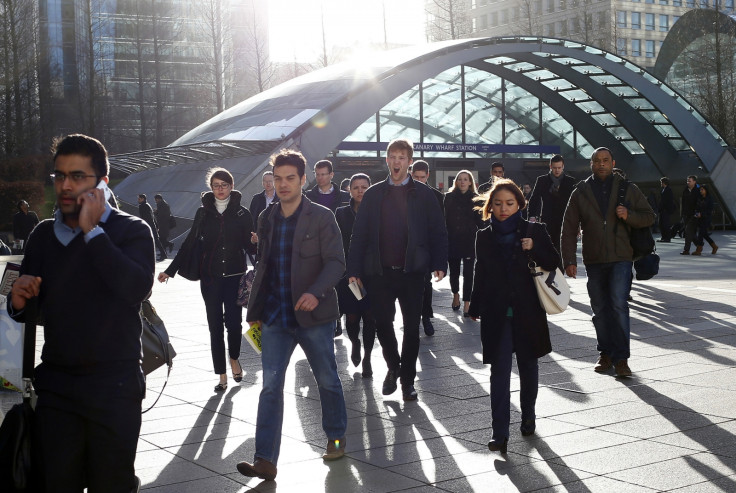UK jobless rates hits 42-year low in March but wage growth slows
Basic wages grew 2.2% in three months to January, falling short of forecast and slowing down from previous quarter.

The UK unemployment rate hit the lowest in over four decades in the three months to January, but basic wages grew less than expected, figures released on Wednesday (15 March) showed.
According to the Office for National Statistics (ONS), the unemployment rate in the final quarter of 2016 stood at 4.7%, compared with 5.1% in the corresponding period last year. The figure was the lowest level on record since 1975 and beat analysts' expectations for a 4.8% reading.
The number of unemployed people in Britain stood at 1.60 million, 31,000 fewer than in the previous quarter and 106,000 fewer than for a year earlier.
Meanwhile, the number of employed workers rose more than expected, climbing by 92,000 to 31.85 million in the quarter to January. The figure, was 315,000 higher than in the corresponding period last year and above analysts' expectations for an 80,000 gain.
The ONS added the employment rate – the proportion of people aged from 16 to 64 who were in work – was 74.6%, the joint highest since comparable records began in 1971.
There was slightly more negative news on the wages front, as basic salaries grew 2.2% in the three months to January, down from a 2.6% gain in the previous month and falling short of forecast for a 2.4% reading.
"the combination of meagre wage growth despite very low unemployment supports the Monetary Policy Committee's (MPC) view that enough slack remains in the labour market to warrant keeping rates on hold during the imminent period of high inflation," said Samuel Tombs, chief UK economist
at Pantheon Macroeconomics.
"Indeed, this report hints that the equilibrium unemployment rate could even be below the 4.5% rate suggested by the MPC in February."
John Hawksworth, chief economist at PwC, added: "With consumer price inflation already up to 1.8% in January and set to rise further over the coming months, real earnings growth could be back in negative territory by the end of 2017.
"This is likely to dampen consumer spending, which could eventually feed through into slower jobs growth as well."
© Copyright IBTimes 2025. All rights reserved.






















